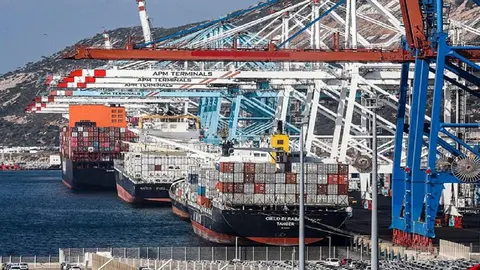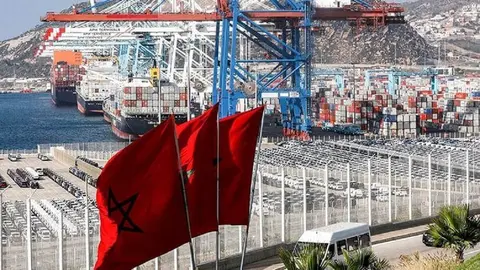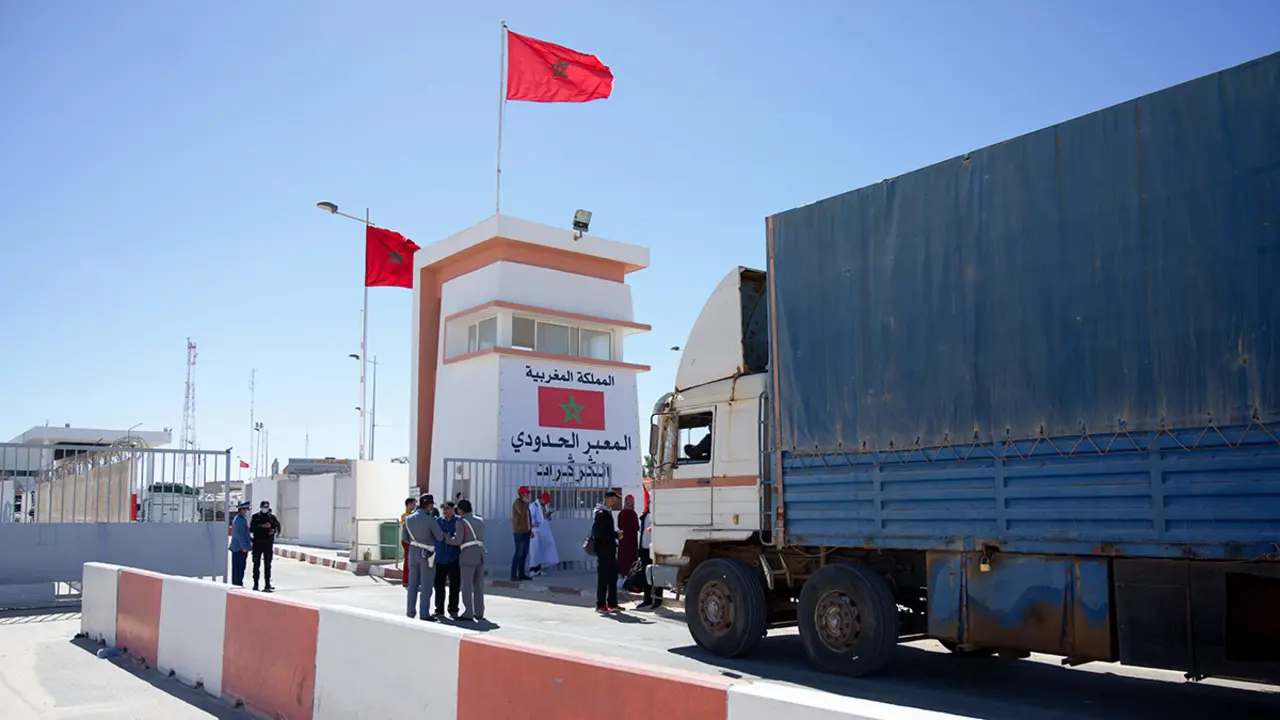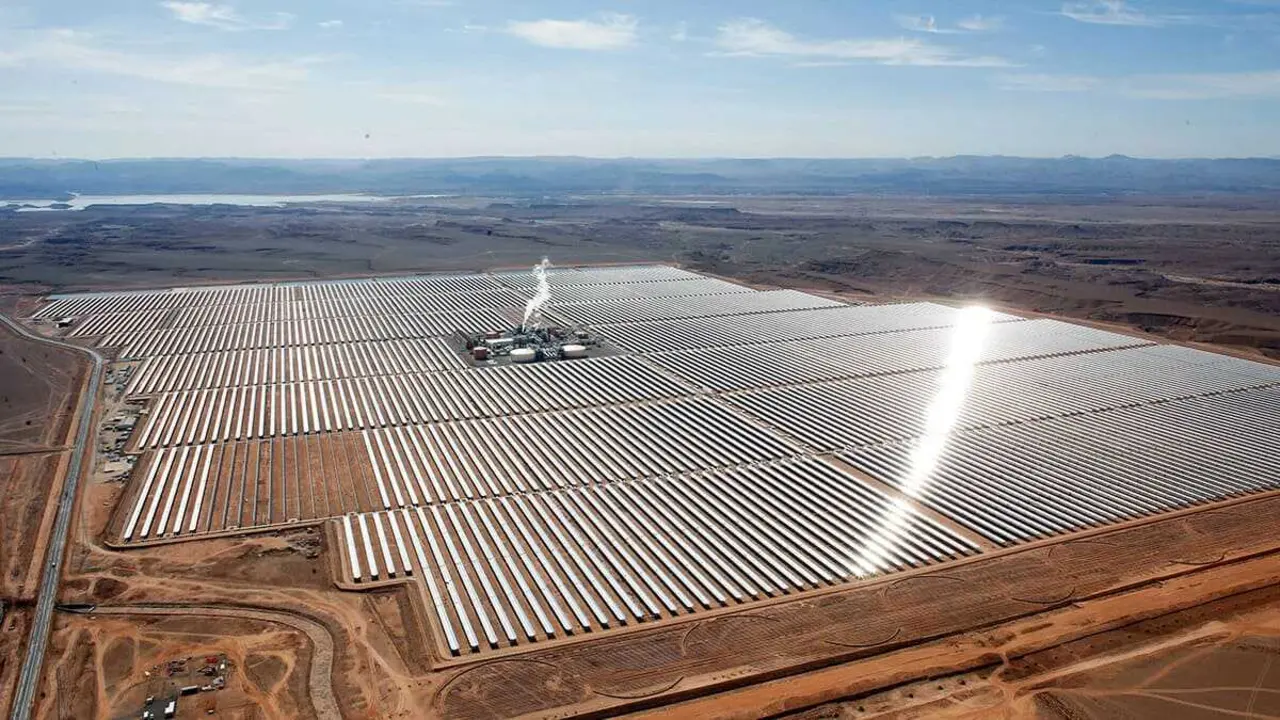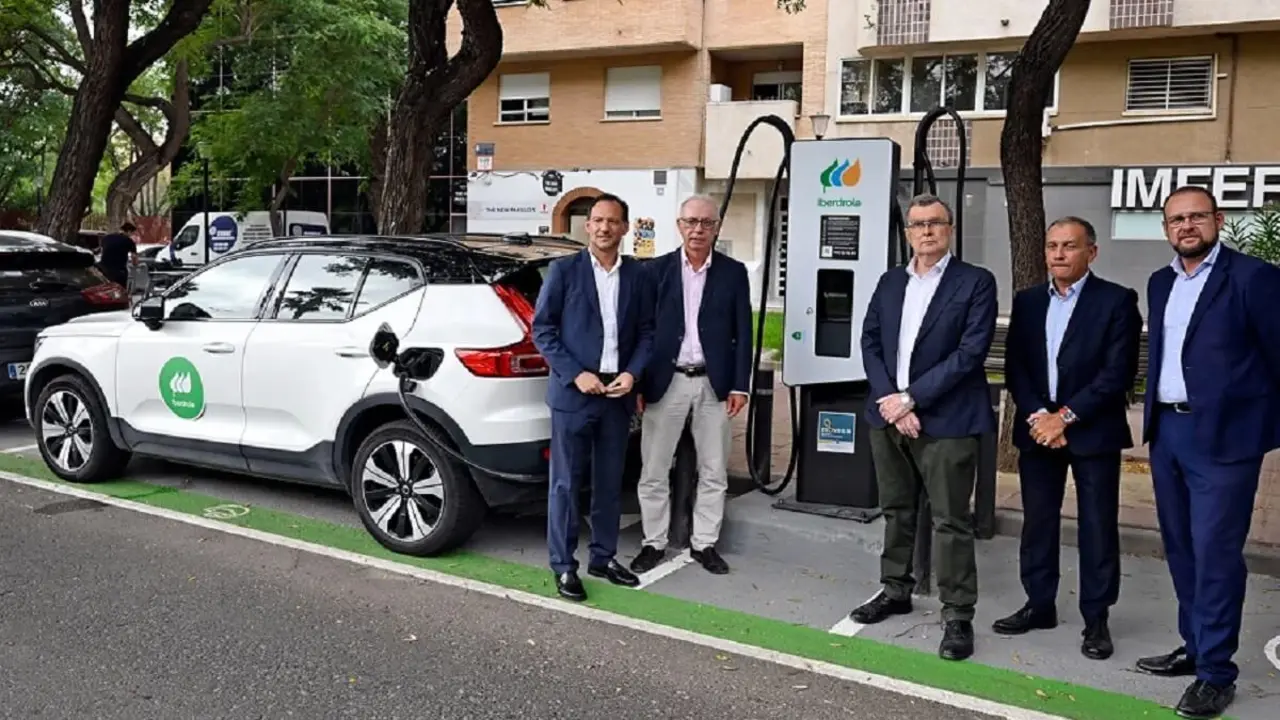Morocco ranks among the world's top trade connector countries

An article published in Bloomberg identified the five key countries that have undergone major changes in the global trading system since the pandemic. The paper explains the reasons for Morocco's growth thanks to its deep supply chain infrastructure and, more importantly, how they successfully manage the nature of geopolitics, competing trading blocs and the resulting diplomatic upheavals.
"Regardless of their policies and backgrounds, they share an opportunistic desire to capitalise on economic crises by positioning themselves as new links between the United States and China, and Europe with other Asian economies," reads the paper published in Bloomberg. "In Morocco's case, we engage diplomatically and economically in cooperation with a variety of partners, from the G7 to the BRICS (Brazil, Russia, India, China and South Africa) and the African Continental Free Trade Area (AfCFTA)," it continues.

For the Alawi country, Bloomberg's analysis recognises decades of efforts to capitalise on the power of land (for example, the bridge project that will connect, through the Strait of Gibraltar, Europe with Africa), taking advantage of important internal resources of a strong agricultural production (the Green Morocco initiative), or the transport infrastructure, one of the most recognised for the great successes achieved in recent years at the global level.
The Bloomberg analysis ends the section by clarifying that the progress and development of the Moroccan economy is booming, but points out that the process must be maintained in the coming decades if it is to become a global power.

Morocco an emerging economy
Since the late 1970s, Morocco has linked economic development and modernisation with human development and social welfare. The five connectors identified by Bloomberg account for just 4% of global gross domestic product (GDP), but attracted 10% (about 5.5 trillion dirhams) of all new investment in 2017, according to Bloomberg analysis.
The term greenfield investment refers to companies opening new business activities or facilities almost from scratch in a foreign country. This foreign direct investment (FDI) creates new jobs, prosperity, new markets and new and expanded supply chains for industrial products such as automobiles and aircraft or key components such as electric batteries.

Since 2017, Morocco's manufacturing exports have increased by a quarter compared to the global trend over the same period, Bloomberg reported. This progress is reflected in the value of Morocco's automotive exports. The Moroccan kingdom exported more than 80 billion dirhams worth of automobiles and mechanical components in a year.
Importantly, the expansion of Morocco's automotive supply chain infrastructure, often in collaboration with US parts suppliers, increases the stability of the sector's export spending. The World Economy and Trade magazine claims that in the last year the Kingdom raised more than in the last five years, which translates to more than 150 billion dirhams. This includes the production of fast-growing technologies, such as lithium iron phosphate (LFP) batteries, which are a priority for Chinese foreign investment in Morocco.

Global trade keys
For these five connectors, the geopolitical mantra of 'You are either with us or against us' is the key to careful diplomatic engagement in a complex world facing major transnational threats such as climate change, water scarcity and the global debt burden.
These important issues took centre stage at the International Monetary Fund's (IMF) annual meeting in Marrakech recently, where new models of development, investment and problem-solving were discussed. The fundamentals of global trade are not good, but current challenges in the two largest trading partners, the United States and China, have reinforced the trends highlighted in the Bloomberg Five Nations article.

China is struggling with huge domestic debt. The debt-to-equity ratio is about 280%. The US remains the world's largest economy, but Washington's budget drama continues. The Bloomberg analysis also noted that supply chain disruptions and disruptions mean higher production costs for many goods, at least in the short term. But the analysis reveals a simple and important fact: location and strategy are about being in the right place at the right time.

